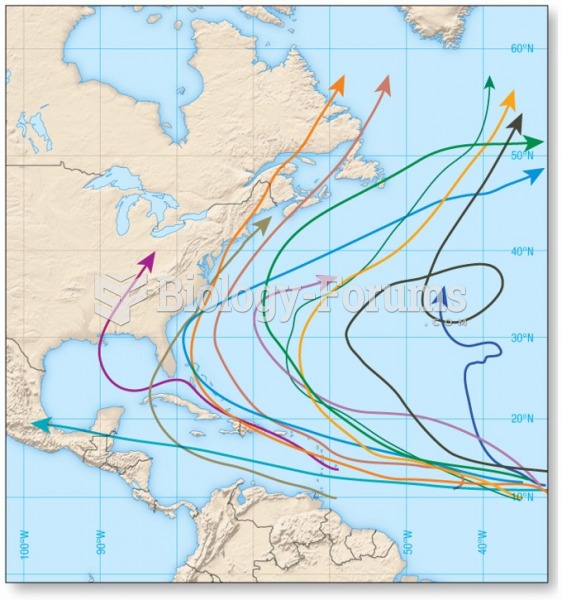|
|
|
There are approximately 3 million unintended pregnancies in the United States each year.
A seasonal flu vaccine is the best way to reduce the chances you will get seasonal influenza and spread it to others.
People with high total cholesterol have about two times the risk for heart disease as people with ideal levels.
Most childhood vaccines are 90–99% effective in preventing disease. Side effects are rarely serious.
There are major differences in the metabolism of morphine and the illegal drug heroin. Morphine mostly produces its CNS effects through m-receptors, and at k- and d-receptors. Heroin has a slight affinity for opiate receptors. Most of its actions are due to metabolism to active metabolites (6-acetylmorphine, morphine, and morphine-6-glucuronide).







